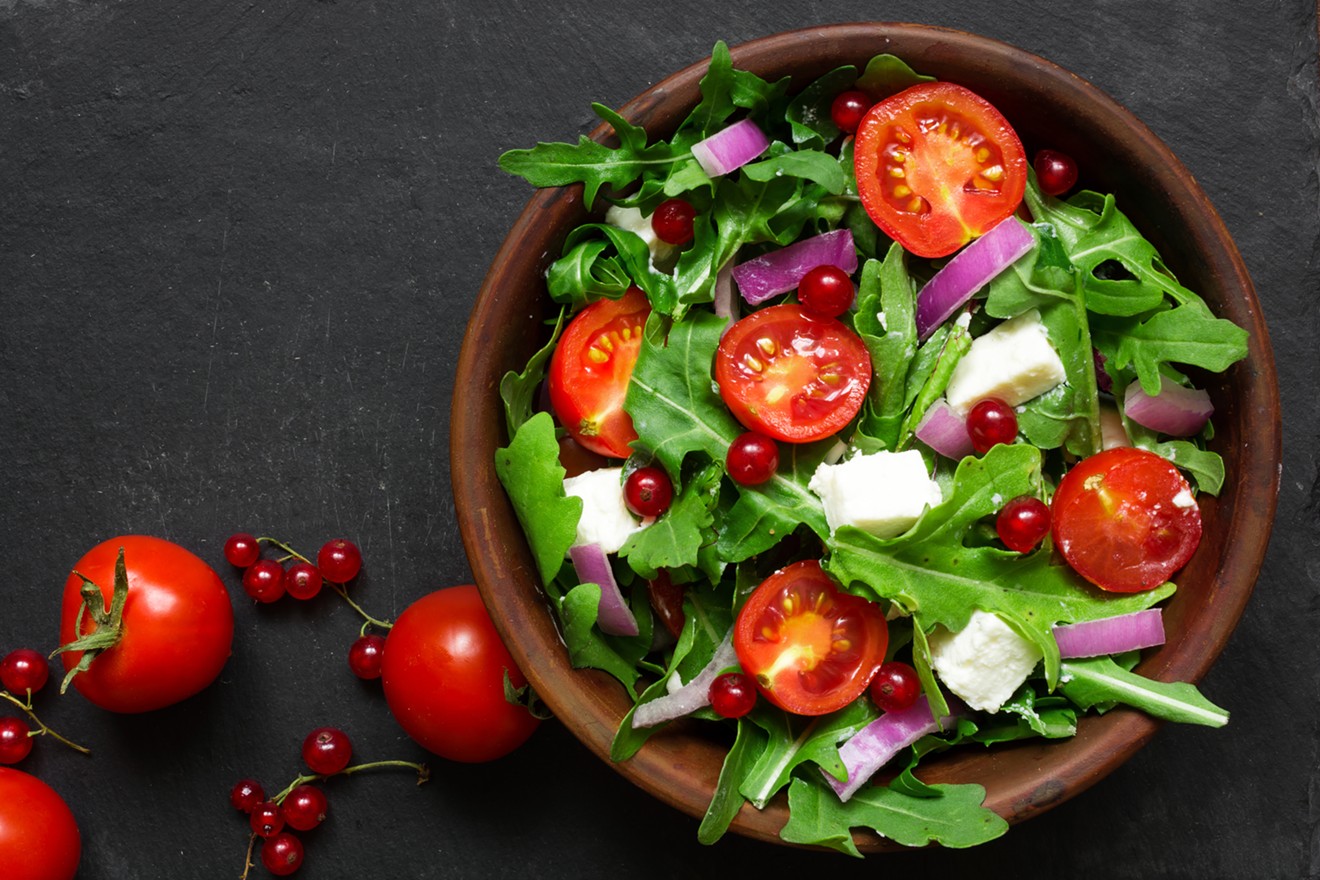“Trust me, I play great female records, and we’ve got some right now; they’re just not the lettuce in our salad,” Hill said three years ago. “The lettuce is Luke Bryan and Blake Shelton, Keith Urban and artists like that. The tomatoes of our salad are the females.”
Hill’s comments helped start a movement, and thanks to his clever figure of speech, it had a name: Tomato-Gate. Backing up his statement, Hill cited statistics showing that only 19 percent of music played on country radio was created by women. His comments garnered attention from all over the country.
Movements such as the Song Suffragettes and Change the Conversation, which were set in motion before Hill’s comments, saw spikes in attendance, according to Taste of Country. Regardless, the number of country songs by women on the radio saw a 2.6 percent drop from 2016-17, according to a country airplay chart published by Country Aircheck.
Shayne Hollinger, music director for The Ranch, a Fort Worth country radio station, says the genre has always been male-driven. A lot of times, he says, female country acts have to open for men with half their talent.
“These girls, unfortunately, if they try to make it in Nashville, a lot of them are having to get propositioned in ways that they’re not comfortable with,” Hollinger says. “If they don’t do it, there’s no promotion behind them. It’s kind of ridiculous.”
Hill’s comments offended him, Hollinger says, but there is some truth to them. He says The Ranch does music testing every week in which talented female artists receive bad ratings.“These girls, unfortunately, if they try to make it in Nashville, a lot of them are having to get propositioned in ways that they’re not comfortable with." – Shayne Hollinger
tweet this
“Unfortunately, that’s just the way things are right now,” he says. “They have to be extremely thick-skinned and put up with a lot of crap.”
The '90s were the heyday for female country music artists, who reached a peak in '98, according to The Guardian. Bringing on 108 new artists, 41 of them solo female acts, major labels saw more hits coming from women — 44 percent, compared with 42 percent of men in the Top 20 charts.
Joe Galante, Country Music Association Foundation chairman, told Billboard that the '90s had the first generation of women who looked like their audience. This was also the age of video. The music videos by artists such as Shania Twain and Faith Hill helped paint a picture that reverberated in the consumer marketplace, Galante said.
But in the '30s, long before video reached the prevalence of the '90s, Patsy Montana released "I Want to Be a Cowboy’s Sweetheart." It was one of the first country songs to express the perspective of a women and the first song by a woman to sell a million copies, according to The Guardian.
The imbalance of male and female artists on country radio seems to be a vicious cycle. Beverly Keel, a former Nashville music executive, told The Guardian that labels would sign more female country acts if they were played more on the radio.
Sydney Anderson, a Dallas country artist, says she thinks labels assume women would want to hear or imagine men singing to them. However, at the end of the day, she says, people are going to listen to music they connect with. She added that country music coming from women has gotten a lot better and is a little more thought-provoking.
Somewhere along the line, people just started looking at the image, says Jade Annette Flores, a Dallas country artist. A lot of people focus on an act’s marketability, she says. It’s about their look, not really about their voices, she adds.
“Back then, you had voices [such as] Loretta Lynn, Tammy Wynette [and Naomi] Judd," Flores says. "They were strong voices, and they made a staple in country music. That’s what people need to look for.”
Sometimes in a man’s world, it gets a little hard, Flores says. She believes the strong women of country music need to stick together and show people that music is not about appearance.
“It’s about the country music,” she says. “You know, it’s about how you feel about your life, the pain and being able to relate to everyone.”












